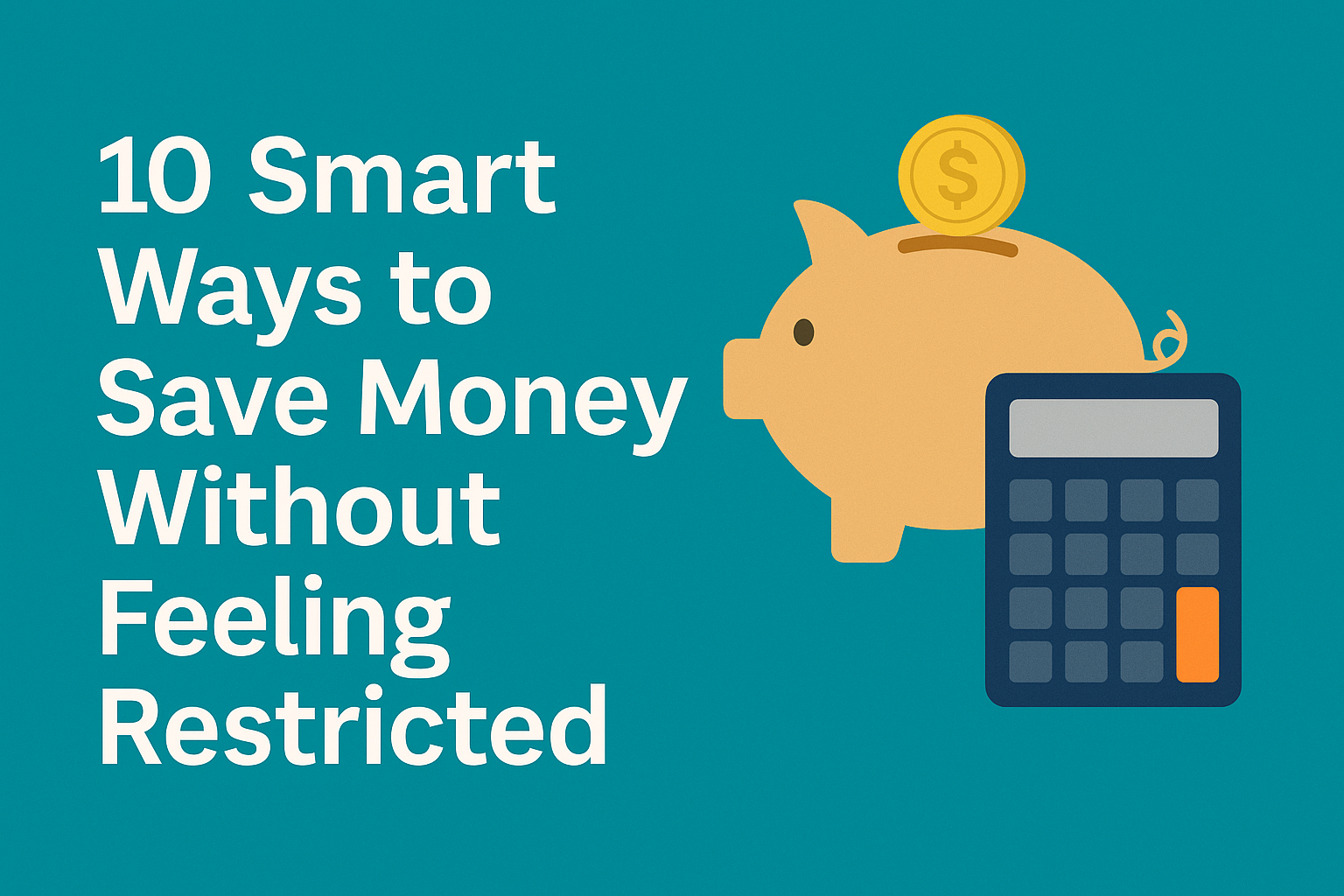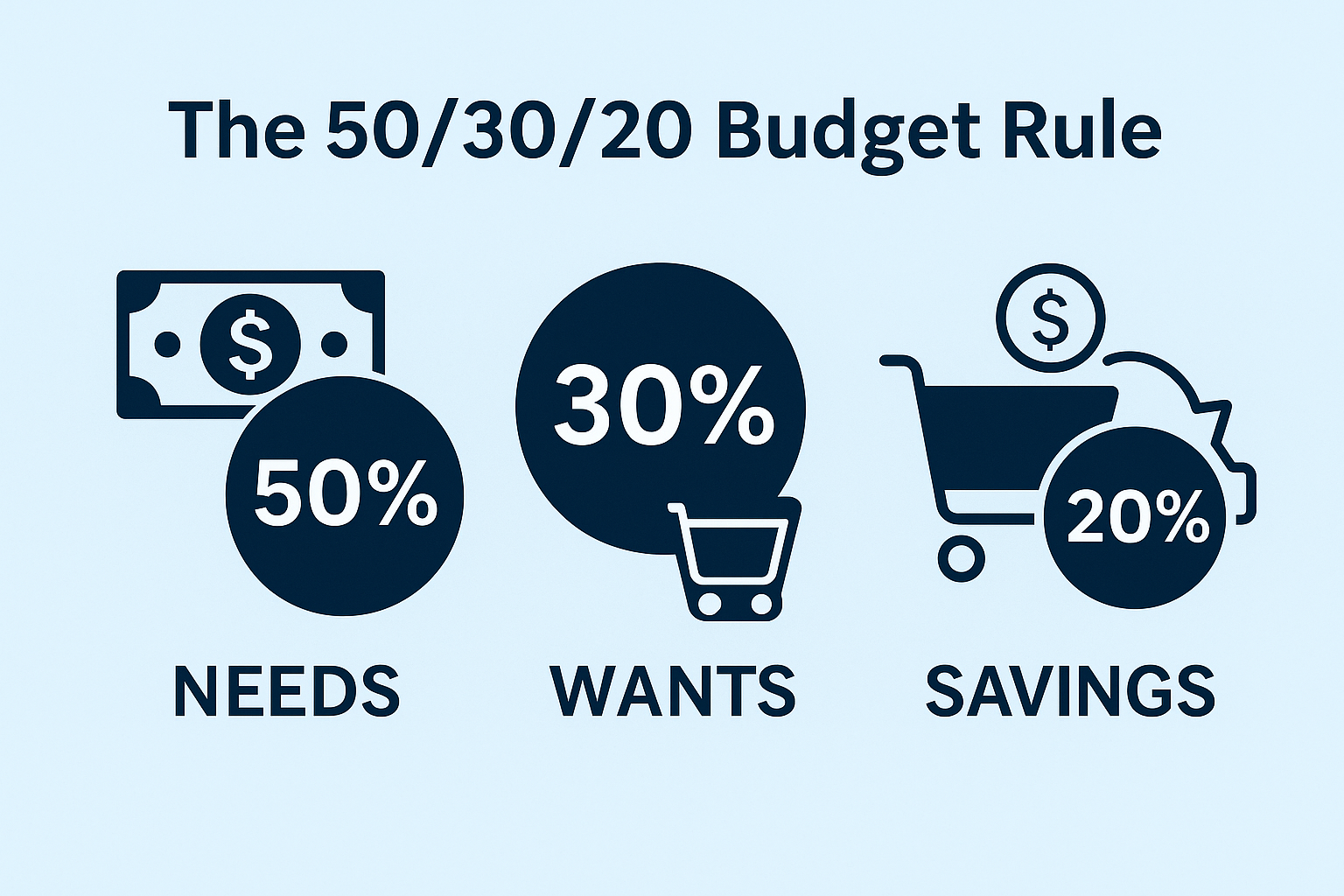For decades, owning a home was the ultimate symbol of success — the cornerstone of the “American Dream.”
But in 2025, that dream is being redefined.
Rising interest rates, higher home prices, and flexible lifestyles have made the rent vs buy debate more complicated than ever.
So what’s really smarter today — renting or buying?
Let’s break down the numbers, the psychology, and the financial truth about homeownership in 2025.
1. The Housing Market Reality in 2025
The pandemic housing boom may be over, but affordability remains a challenge.
- The median U.S. home price in early 2025 is around $430,000, up nearly 40% from 2020.
- Mortgage rates hover near 6.8%, doubling monthly payments compared to the ultra-low rates of 2021.
- Rents have stabilized after record highs — but they’re still expensive, averaging $1,950/month nationwide.
💡 Bottom line: Both options are costly — but for very different reasons.
(Related: U.S. Inflation Forecast: What to Expect in 2025)
2. Buying: The Long-Term Investment Play
Buying a home still builds wealth over time — but only under the right conditions.
✅ The Financial Upside
- Equity growth: Every mortgage payment increases your ownership stake.
- Appreciation: U.S. real estate historically rises 3–4% per year.
- Tax benefits: Mortgage interest and property taxes can offer deductions.
- Stability: Your payment stays consistent with a fixed-rate mortgage.
💬 Example:
A $400,000 home with 3% annual appreciation could grow to $537,000 in 10 years — adding $137,000 in potential value.
⚠️ The Hidden Costs
Owning a home is more expensive than most realize:
| Expense | Annual Cost (Est.) |
|---|---|
| Property Taxes | 1–2% of home value |
| Maintenance | 1% ($4,000/year on average) |
| Insurance | $1,200–$2,000/year |
| HOA Fees | $100–$400/month (if applicable) |
| Closing Costs | 2–5% upfront |
📊 Translation: Homeownership builds equity — but requires upfront cash, ongoing maintenance, and long-term commitment.
3. Renting: Flexibility with Fewer Headaches
Renting often gets a bad reputation, but in 2025, it offers financial freedom that many homeowners envy.
✅ The Advantages
- No maintenance costs: The landlord handles repairs.
- Flexibility: Easier to move for jobs or lifestyle changes.
- Lower upfront cost: No down payment or closing fees.
- Access to amenities: Many rentals include gyms, pools, and security.
💬 Example:
Instead of a $60,000 down payment, a renter can invest that money — potentially earning more than the home’s appreciation.
⚠️ The Drawbacks
- No equity growth: Monthly payments don’t build wealth.
- Rising rents: Landlords can raise prices annually.
- Limited control: You can’t renovate or customize.
📈 In short: Renting is better for flexibility, but you’re helping someone else build equity — not yourself.
4. Crunching the Numbers: Rent vs Buy Example
Let’s compare two scenarios in 2025:
🏠 Buying:
- Home price: $400,000
- Down payment: 10% ($40,000)
- 30-year mortgage at 6.8% = ~$2,600/month
- Annual costs (taxes + insurance + maintenance): ~$6,000
Total annual cost: ~$37,000
🏢 Renting:
- Monthly rent: $2,000
- Renter’s insurance: $200/year
Total annual cost: ~$24,200
Now, if the renter invests the $40,000 down payment in an S&P 500 index fund (average 7% return), they’d earn roughly $2,800/year — narrowing the wealth gap.
💬 Result: Buying wins long-term if you stay 7+ years and the property appreciates steadily.
But renting wins short-term if flexibility and liquidity are your priorities.
5. The Hybrid Strategy: Rent Where You Live, Buy Where You Invest
A growing trend in 2025 is the “Rentvestor” model — renting your primary home in a city and owning investment property elsewhere.
🏙️ Example:
Live in New York or San Francisco, but buy and rent out property in Texas, Florida, or Tennessee, where prices are lower and rental yields are higher.
💡 Why it works:
You get the flexibility of renting + the equity growth of owning — without being tied to one location.
(Related: 10 Business Models That Print Cash Flow)
6. What Financial Advisors Recommend in 2025
Experts agree: the decision depends on your goals, stability, and market conditions.
✅ Buy if:
- You plan to stay put 7+ years
- You have savings for emergencies
- You want long-term equity and tax benefits
🚫 Rent if:
- You’re uncertain about location or job
- You want to keep investing liquidity
- You prefer low maintenance and flexibility
Final Thought
The truth in 2025 is simple:
There’s no one-size-fits-all answer — but there’s always a smart one.
Owning a home can build wealth. Renting can build opportunity. The key is to choose based on your life stage, goals, and financial discipline.
Because at the end of the day, real freedom isn’t about owning property — it’s about owning your choices.
(Also read: Best High-Yield Savings Accounts in the U.S. (2025 Update))

